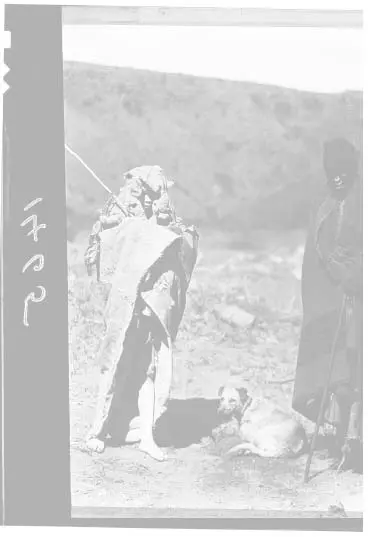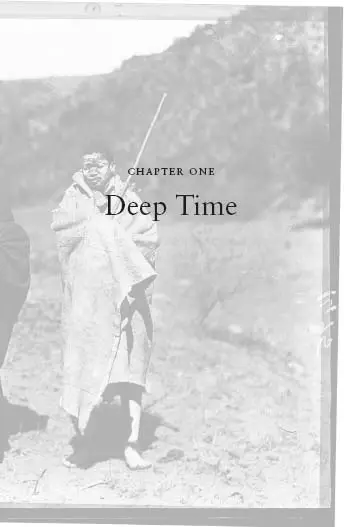When he stays there, he is visited and consulted by traditional leaders. He followed with interest his grandson’s appointment to the chieftainship of Mvezo. In 2007 he founded the Nelson Mandela Institute for Education and Rural Development at the University of Fort Hare.


‘I shall stick to our vow: never, never under any circumstances, to say anything unbecoming of the other…The trouble, of course, is that most successful men are prone to some form of vanity. There comes a stage in their lives when they consider it permissible to be egotistic and to brag to the public at large about their unique achievements. What a sweet euphemism for self-praise the English language has evolved! Autobiography…’
.....................................................................................
Excerpt from a letter to Fatima Meer, dated 1 March 1971.
1. FROM A LETTER TO FATIMA MEER, DATED 1 MARCH 19711
I shall stick to our vow: never, never under any circumstances, to say anything unbecoming of the other…The trouble, of course, is that most successful men are prone to some form of vanity. There comes a stage in their lives when they consider it permissible to be egotistic and to brag to the public at large about their unique achievements. What a sweet euphemism for self-praise the English language has evolved! Autobiography, they choose to call it, where the shortcomings of others are frequently exploited to highlight the praiseworthy accomplishments of the author. I am doubtful if I will ever sit down to sketch my background. I have neither the achievements of which I could boast nor the skill to do it. If I lived on cane spirit every day of my life, I still would not have had the courage to attempt it. I sometimes believe that through me Creation intended to give the world the example of a mediocre man in the proper sense of the term. Nothing could tempt me to advertise myself. Had I been in a position to write an autobiography, its publication would have been delayed until our bones had been laid, and perhaps I might have dropped hints not compatible with my vow. The dead have no worries, and if the truth and nothing but the whole truth about them emerged, [and] the image I have helped to maintain through my perpetual silence was ruined, that would be the affair of posterity, not ours…I’m one of those who possess scraps of superficial information on a variety of subjects, but who lacks depth and expert knowledge on the one thing in which I ought to have specialised, namely the history of my country and people.
2. FROM A LETTER TO JOY MOSIELOA, DATED 17 FEBRUARY 1986
When a man commits himself to the type of life he has lived for 45 years, even though he may well have been aware from the outset of all the attendant hazards, the actual course of events and the precise manner in which they would influence his life could never have been clearly foreseeable in every respect. If I had been able to foresee all that has since happened, I would certainly have made the same decision, so I believe at least. But that decision would certainly have been far more daunting, and some of the tragedies which subsequently followed would have melted whatever traces of steel were inside me.
3. FROM A CONVERSATION WITH RICHARD STENGEL
I was being groomed for the position of chieftaincy…but then ran away, you know, from a forced marriage…2 That changed my whole career. But if I had stayed at home I would have been a respected chief today, you know? And I would have had a big stomach, you know, and a lot of cattle and sheep.
4. FROM A CONVERSATION WITH RICHARD STENGEL
Most men, you know, are influenced by their background. I grew up in a country village until I was twenty-three, when I then left the village for Johannesburg. I was of course…going to school for the greater part of the year, come back during the June and December holidays – June was just a month and December about two months. And so all throughout the year I was at school…And then in [19]41 when I was twenty-three, I came to Johannesburg and learned…to absorb Western standards of living and so on. But…my opinions were already formed from the countryside and…you’ll therefore appreciate my enormous respect for my own culture – indigenous culture…Of course Western culture is something we cannot live without, so I have got these two strands of cultural influence. But I think it would be unfair to say this is peculiar to me because many of our men are influenced by that…I am now more comfortable in English because of the many years I spent here and I’ve spent in jail and I lost contact, you know, with Xhosa literature. One of the things which I am looking forward to when I retire is to be able to read literature as I want, [including] African literature. I can read both Xhosa and Sotho literature and I like doing that,3 but the political activities have interfered…I just can’t read anything now and it’s one of the things I regret very much.
5. FROM HIS UNPUBLISHED AUTOBIOGRAPHICAL MANUSCRIPT WRITTEN IN PRISON
Nobody ever sat with me at regular intervals to give me a clear and connected account of the history of our country, of its geography, natural wealth and problems, of our culture, of how to count, to study weights and measures. Like all Xhosa children I acquired knowledge by asking questions to satisfy my curiosity as I grew up, learnt through experience, watched adults and tried to imitate what they did.
1 comment